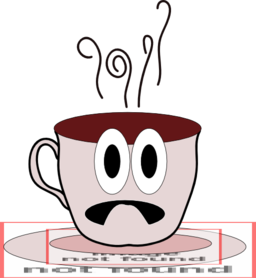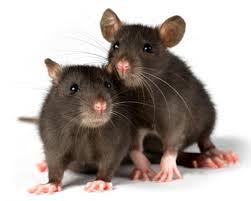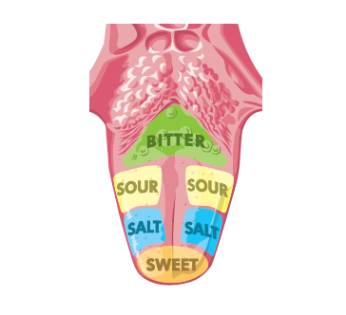Hair twirling is a habit I have struggled with for years. I do it almost constantly, and no matter how many times I have tried to stop this habit it always remains. Habits are kind of a strange thing, when I started to think about it. I mean, why do I twirl my hair, and why can’t I quit it? Is there any reason behind this? I decided to find out.
Personally, habits have always come across as something people do constantly with no underlying purpose. However, it was hard for me to believe that this habit has been happening for me since the seventh grade for no reason. At this point it occurs almost unconsciously, without me even realizing. I decided to run an experiment, as I was told that twirling hair could be a result of stress or anxiety. I definitely have a lot of anxiety, so I thought that maybe this could be the cause for my hair twirling.
To conduct this experiment, I decided to try and pay attention to every time that I was twirling my hair. Doing so would help to me to determine why I was starting to do it at that specific instance, and if there were any similarities in the times that it was occurring. I got my friends to tell me when I was twirling my hair, too. When I started to do this, I noticed interesting results.

http://www.queenic.com/wp-content/uploads/2014/05/Screen-Shot-2014-05-17-at-11.19.12.png
In the observational study I conducted, my hair twirling increased whenever I was thinking about exams, when I was studying, and specifically when I was thinking about or talking to my friends about housing. It also occurred when I was planning my schedule. Hair twirling for me does not happen frequently when I am in a relaxed state, but instead it happens when I am thinking about a situation that gives me anxiety and stress. Even with coming to this conclusion though, I was still confused. The correlation between stress and hair twirling did not make sense to me, so I did some research to find an answer.
It turns out that many people suffer from hair twirling, and it can take place in both adulthood and childhood for some different reasons. An article I read from Kids+ Pediatrics was of particular interest to me, because it seemed to line up with what I am experiencing. The article noted that hair-twirling for toddlers was a “self-soothing activity” (LaMendola). That behavior can continue into adolescence and adulthood, especially for people who have anxiety. Twirling my hair seems to be a way for me to calm myself down, or at least I have begun to associate it with doing that. I twirl my hair as a way to comfort myself, similar to how people bite their nails or participate in other habitual actions. Still not understanding why this association happens, I searched for more scientific research.
Looking at stimming can help to shed light on the situation. Many children who have Autism typically participate in stims. These are repetitive motions done “because it feels good in some way”, according to Autism Aspergers Digest . Hair twirling is also considered a stim, and I believe that I do this for a similar reason that it occurs in children with Autism. Hair twirling helps to “self-soothe a child and help him regain emotional balance”, states Autism Aspergers Digest. Stimming is also done purposefully, according to BBC, as a way to bring distraction to a situation and block out other thoughts. I would be willing to bet hair twirling for me is a distraction so I will stop thinking about what I’m stressing about and focus on something else– my hair.
Take test taking, for example. I get extremely nervous before a test and have increased heart rate and muscle tension. Of course my hair starts twirling at this time, as I want to try and calm myself down. Hair twirling is an action that creates a distraction for me from thinking about the test at hand. I always notice my mind starts to wander when I twirl my hair, so in a way it is taking me from reality in an attempt to cope with a certain situation.
Hopefully one day I will be able to stop doing this, but the issue with stims is that once you have one- and most people do- they work to help one deal with something. In that sense fully ridding the stim is unlikely, and instead I should find a replacement for this stim that would be more acceptable to society and to myself.
Sources:
LaMendola, Katie. “Hair Pulling & Twirling.” Kids Plus Pediatrics. Kids Plus Pediatrics, 2012. Web. 04 Dec. 2014.
“Why Do Kids with Autism Stim?” Autism Aspergers Digest. Autism Aspergers Digest, 2012. Web. 04 Dec. 2014.
“Stimming: What Autistic People Do to Feel Calmer.” BBC News. BBC, n.d. Web. 05 Dec. 2014.




















 you can utilize “power posing” to give yourself the confidence and the poise
you can utilize “power posing” to give yourself the confidence and the poise  you need to deliver and get an A. Personally, I find it astonishing that we can do this and trick our brains into helping us out when we need it. Now, I want to know if there is anything else like this that can be done.
you need to deliver and get an A. Personally, I find it astonishing that we can do this and trick our brains into helping us out when we need it. Now, I want to know if there is anything else like this that can be done.